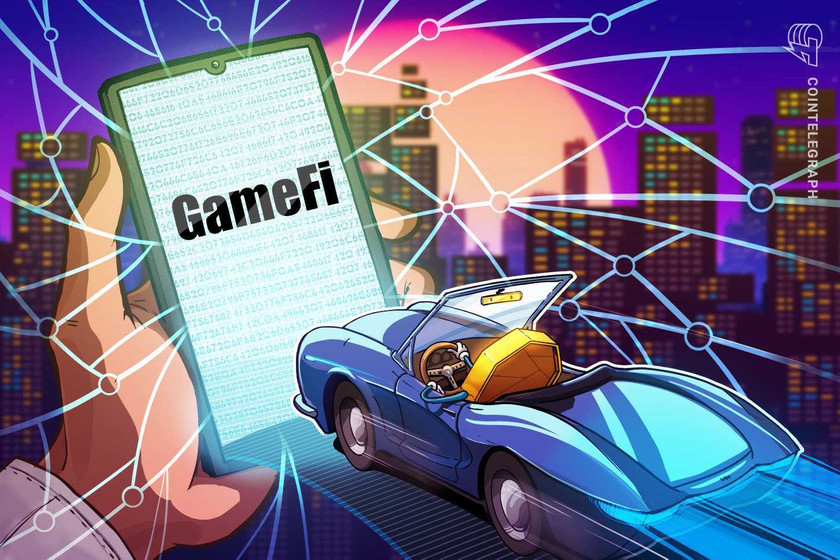Can the Metaverse exist without blockchain?
The Internet processes millions of data transactions per second. Blockchain infrastructure is in its technological infancy compared to the current iteration of the internet. Yet blockchain is not just an infrastructure layer; it is also an economic layer. These economic characteristics of the blockchain can potentially meet the challenges of the Internet.
In a blockchain-based world, the tokenomics of a metaverse platform (the new internet) allows for more inclusive incentives. These metaverse apps can be inclusive in terms of ownership (governance token) and user incentivization (utility token).
Active participants in metaverse ecosystems often hold utility tokens. For example, participants in a gaming metaverse earn their utility tokens by playing and creating games. Participants in an art metaverse earn tokens by creating art and being art ambassadors by writing helpful reviews.
The Metaverse allows participants to earn as users and creators of the platforms. As long as participants in these ecosystems continue to create value, they are incentivized. As these participants generate more value in an ecosystem, they accumulate credentials and become influencers.
However, if an influencer in a Web3 metaverse wants to create a profile on another ecosystem, they should be able to take their friends and network with them. Ecosystem credentials such as "XP" (experience points) in a gaming platform should not be carried away as they are specific to the ecosystem.
The core philosophy is that users own their credibility and network, not the platforms.
The other fundamental design construct of the metaverse is non-fungible tokens (NFTs). NFTs provide valuable permanence. When a player purchases an in-game asset in a Web2 game, it provides a revenue opportunity to the game studio. They don't own the asset. This is changing in the blockchain world.
NFTs not only provide users with the ability to create, buy, and sell Metaverse assets, but also allow them to accumulate ecosystem identifiers in the form of “soul-bound tokens.” Soulbound tokens behave like credit scores in financial services, and as Metaverse users accumulate more, they tend to accumulate more value faster.

The Internet processes millions of data transactions per second. Blockchain infrastructure is in its technological infancy compared to the current iteration of the internet. Yet blockchain is not just an infrastructure layer; it is also an economic layer. These economic characteristics of the blockchain can potentially meet the challenges of the Internet.
In a blockchain-based world, the tokenomics of a metaverse platform (the new internet) allows for more inclusive incentives. These metaverse apps can be inclusive in terms of ownership (governance token) and user incentivization (utility token).
Active participants in metaverse ecosystems often hold utility tokens. For example, participants in a gaming metaverse earn their utility tokens by playing and creating games. Participants in an art metaverse earn tokens by creating art and being art ambassadors by writing helpful reviews.
The Metaverse allows participants to earn as users and creators of the platforms. As long as participants in these ecosystems continue to create value, they are incentivized. As these participants generate more value in an ecosystem, they accumulate credentials and become influencers.
However, if an influencer in a Web3 metaverse wants to create a profile on another ecosystem, they should be able to take their friends and network with them. Ecosystem credentials such as "XP" (experience points) in a gaming platform should not be carried away as they are specific to the ecosystem.
The core philosophy is that users own their credibility and network, not the platforms.
The other fundamental design construct of the metaverse is non-fungible tokens (NFTs). NFTs provide valuable permanence. When a player purchases an in-game asset in a Web2 game, it provides a revenue opportunity to the game studio. They don't own the asset. This is changing in the blockchain world.
NFTs not only provide users with the ability to create, buy, and sell Metaverse assets, but also allow them to accumulate ecosystem identifiers in the form of “soul-bound tokens.” Soulbound tokens behave like credit scores in financial services, and as Metaverse users accumulate more, they tend to accumulate more value faster.
What's Your Reaction?






















